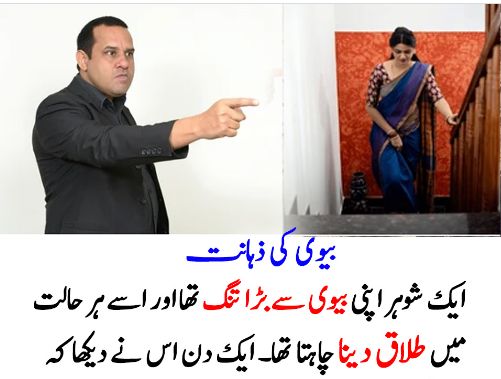Introduction
In the complex landscape of relationships, it’s crucial to navigate with awareness and wisdom. This guide aims to empower you with essential tips to avoid falling victim to deception in relationships, offering insights into recognizing red flags and fostering healthy connections. Guard yourself against tricks and make informed choices in your pursuit of meaningful relationships.
Recognizing Red Flags
Early Warning Signs of Deception
LSI Keywords: Inconsistencies, Lack of Transparency, Unreliable Behavior
Recognizing red flags is essential in protecting yourself from potential deception. Explore the early warning signs, including inconsistencies, lack of transparency, and unreliable behavior, that may indicate someone is not being truthful in a relationship.
Trust Your Instincts
Listening to Your Inner Voice
LSI Keywords: Gut Feeling, Intuition, Emotional Responses



Your instincts are powerful guides. Learn to trust your gut feeling and intuition when it comes to relationships. Understand how emotional responses and inner cues can provide valuable insights into the authenticity of a connection.
Communication is Key
Open and Honest Dialogues
LSI Keywords: Clear Communication, Vulnerability, Setting Boundaries
Establishing clear communication is fundamental in any relationship. Discover the importance of open and honest dialogues, embracing vulnerability, and setting healthy boundaries to foster genuine connections and avoid potential deception.
Background Checks Matter
Investigating Without Intrusion
LSI Keywords: Social Media Scrutiny, Mutual Connections, Past Relationship Patterns
While trust is paramount, conducting subtle background checks can offer valuable information. Explore the responsible ways of investigating, including social media scrutiny, exploring mutual connections, and understanding past relationship patterns.
Build Strong Support Networks
Lean on Trusted Friends and Family
LSI Keywords: Trusted Confidantes, Emotional Support, Objective Perspectives
Building strong support networks is vital in guarding yourself against deception. Lean on trusted friends and family who can provide emotional support and offer objective perspectives to help you navigate the complexities of relationships.
Frequently Asked Questions
Q: Can everyone be deceived in a relationship?
A: While anyone can face deception, awareness, and the ability to recognize red flags can significantly reduce the likelihood of falling victim to deceit.
Q: How can I distinguish between genuine mistakes and intentional deception?
A: Genuine mistakes are often rectifiable, whereas intentional deception involves a pattern of dishonesty and lacks sincerity in correcting errors.
Q: Is it advisable to confront someone suspected of deception?
A: Confrontation can be approached delicately, focusing on open communication rather than accusatory tones. Trust your instincts and choose the right time for such discussions.
Q: Can past behavior predict future actions in a relationship?
A: While past behavior provides insights, people can change. It’s essential to consider present actions and communication when evaluating a relationship.
Q: Are there specific signs of a healthy and trustworthy partner?
A: A trustworthy partner exhibits consistent behavior, open communication, and a willingness to work together to build a healthy relationship based on mutual respect.
Q: How can I overcome the fear of being deceived in relationships?
A: Overcoming fear involves self-awareness, building confidence, and choosing partners with shared values. Seeking professional support can also be beneficial.
Conclusion
Guarding yourself against deception in relationships is a proactive and empowering endeavor. By recognizing red flags, trusting your instincts, fostering open communication, conducting responsible background checks, and building strong support networks, you can navigate relationships with wisdom and resilience.







